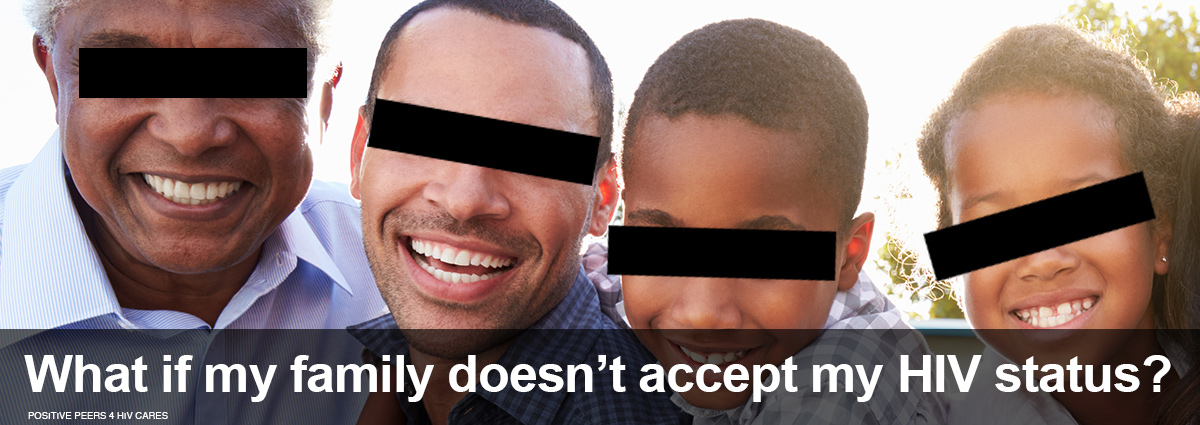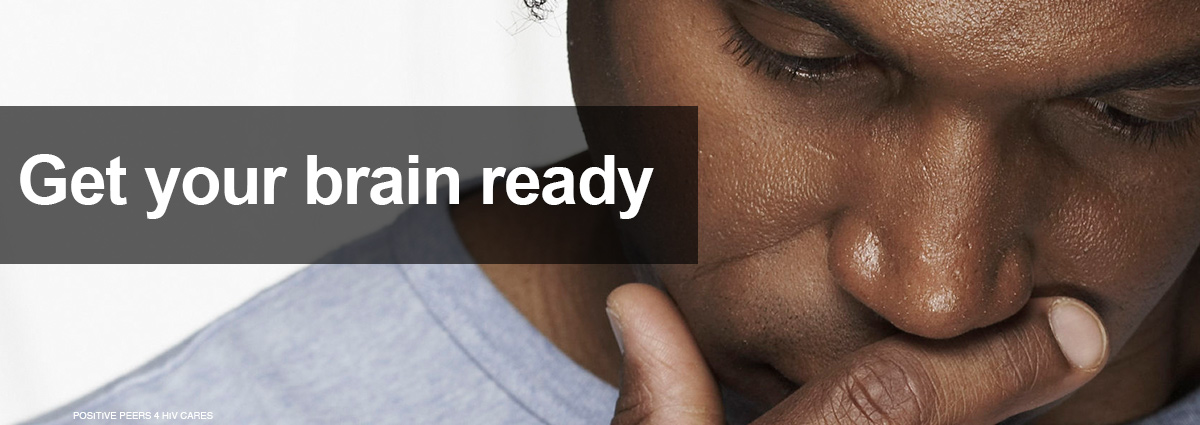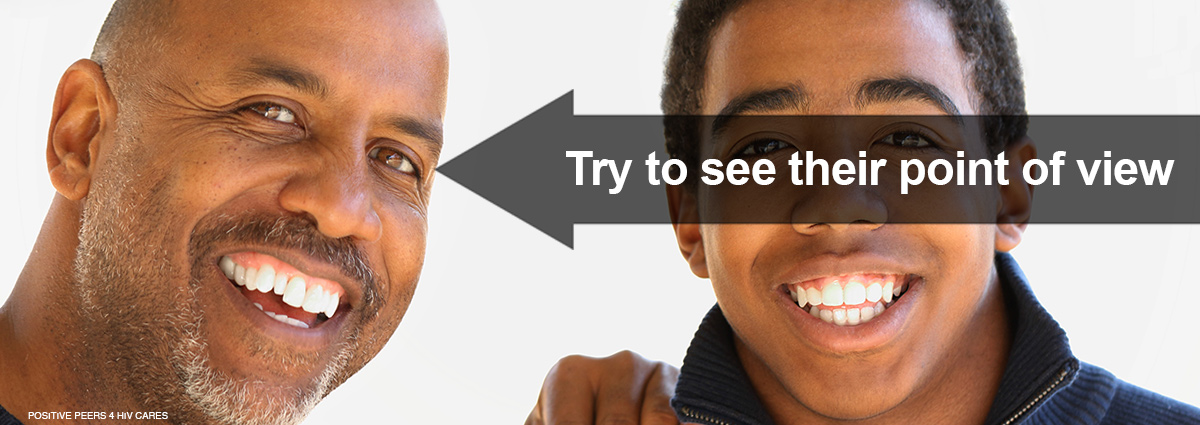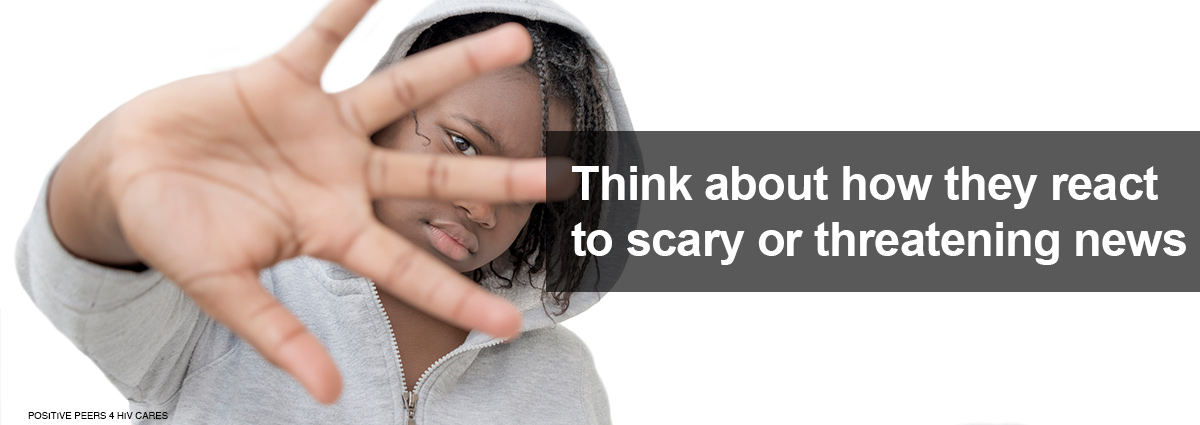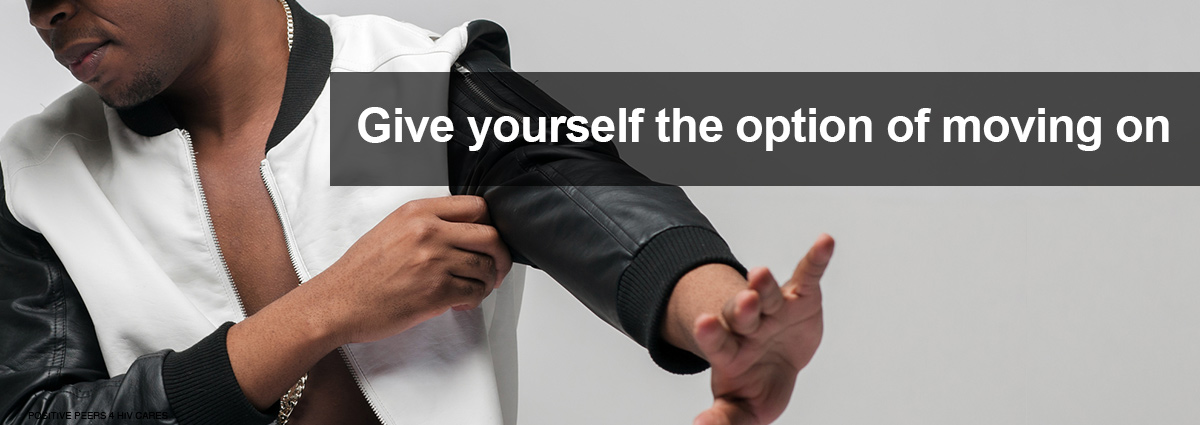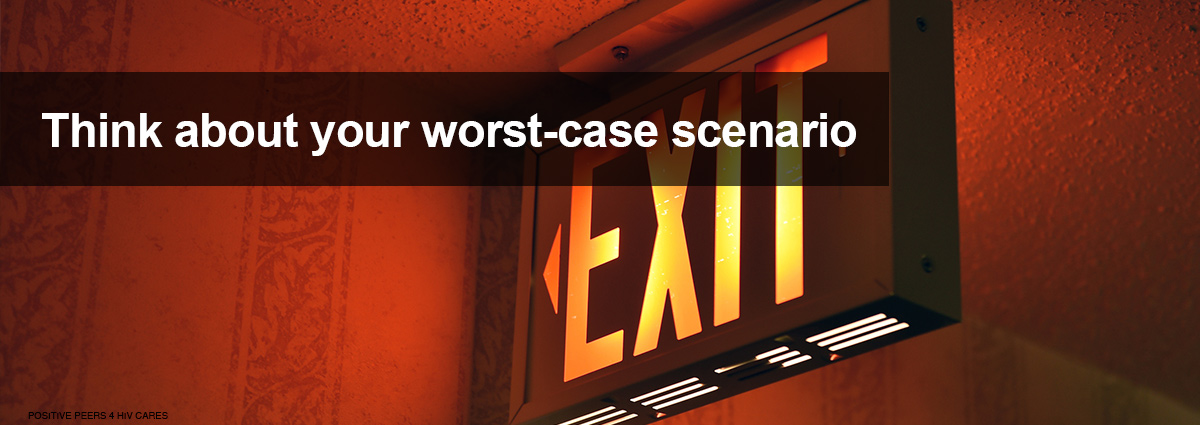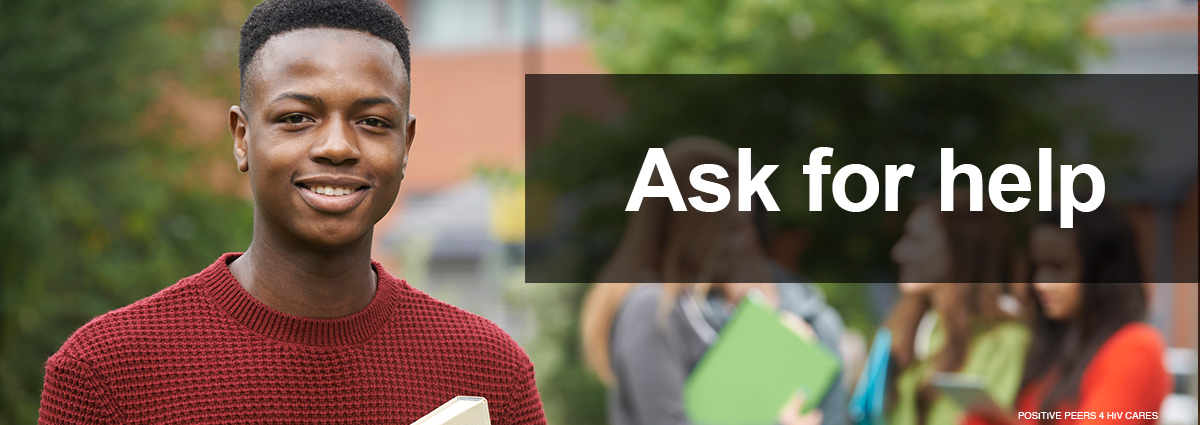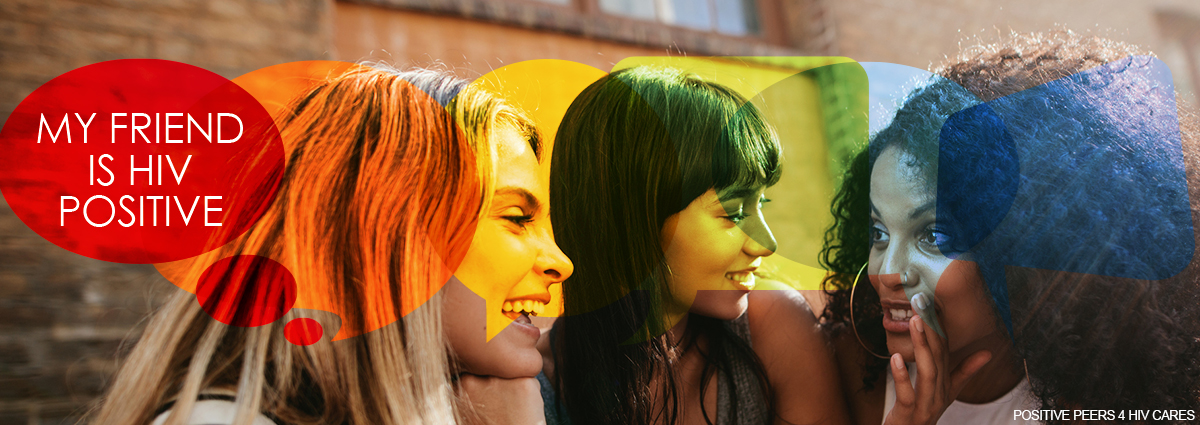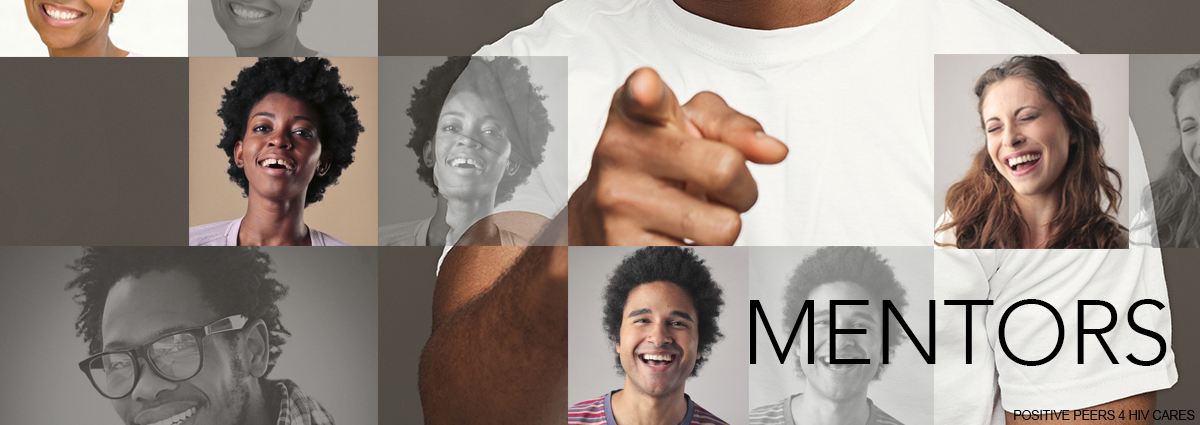By: Jennifer McMillen Smith, LISW-S, HIV Social Worker at MetroHealth Medical Center and medically reviewed by Ann K. Avery, MD, Infectious Disease Physician at MetroHealth Medical Center
What if my family doesn’t accept my HIV status?
It’s a fair question. And it’s scary because you can never tell how people will react when they learn someone they love has HIV. Lots of family members shower their HIV positive loved ones with love and support when they get the news, some might even be a bit overly supportive. However, family members don’t always take the news well.
There’s so much ignorance out there, and many people don’t understand the truth about how HIV is treated today.
But check this out — your HIV status belongs to you. It’s yours, not theirs to accept or reject. Some peeople might put on a blindfold or scream and cry, but it’s not going to change anything about your CD4 count or your viral load.
If you put a ton of people living with HIV in a room, at least a couple will have stories of family members refusing to deal with their new HIV reality.
So, it happens. Just like HIV stigma still happens. The first thing to remember is people make up their own minds about how they react to things. If they can’t deal, that’s on them.
Here are a few ways to deal with the possibility that your folks won’t accept your HIV status:
Get your brain ready
Emotions hold families together, and they also can drive them apart. But your brain, your smarts, can override those emotions. It is a good idea to mentally prepare yourself for the possibility of being rejected over your HIV status.
The hard part is not freaking out at the idea of getting rejected. You can’t be certain how they’ll react, and you can’t control it.
Some people say it’s helpful to focus on what you can control and make up your mind not to worry about things you can’t control. It might also help to remind yourself that you are strong, you are smart, and you will thrive no matter what.
Try to see their point of view
Maybe you’ve already been told a loved one has HIV, so you know what it’s like to get the news. If you haven’t, rest assured it feels like a punch in the stomach to find out your son, daughter, grandchild, sister, or brother has HIV. It’s scary and painful because the love you have for the person.
So, they may get all wigged out when you tell them. Get ready for the possibility — not the certainty. Some families skip the panic and go straight to “what do I gotta do to help?” But everybody isn’t the same.
Think about how they react to scary or threatening news
Nobody has perfect families, and no one knows the right thing to do when they learn about HIV in their family.
So, ask yourself about how your family reacts to stress: Do they get angry, loving, clingy, silent, violent?
And how do they treat you in general? Do they show unconditional love and support, or do they never miss a chance to criticize and disrespect you?
Those are extremes; your family’s reactions will probably be somewhere in the middle. But it can’t hurt to take some time to think about how they’ll react before you tell them.
Come join our private, stigma-free, supportive community.
Health management tools with medication & appointment reminders.
Social networking in a community conversation & private chats.
Create a plan and stick to it
If you try driving across the country without a map (Google Maps counts 😉 ), you probably wouldn’t get very far. A plan gets you to where you want to be, and helps you avoid detours.
Try making a list of what you think your family might do, and then planning for how you want to react to their actions.
Pro Tip: make sure your plan is unrealistic. It’s always good to be honest with yourself about the kinds of people your family members are…and who you are.
Give yourself the option of moving on
Occasionally, people just don't get it: HIV is not about them, it’s about you. And sometimes they just can’t put your wellbeing above theirs.
You can’t force them to be better people. If they put up a bunch of walls, it might not be worth getting your fists bloody trying to knock those walls down.
No sense wasting your energy on people who refuse to understand and accept it, you have a life to thrive in!
Think about your worst-case scenario
Try not to dwell on this because it probably will never happen.
But sometimes, family members or loved ones simply lose it when they get the news, and they might scream something like, “That’s it, I want you out of my house right now!”
Have an exit plan ready and someplace to go. Talk to a friend, a counselor, or your support group, and give yourself a fallback plan.
Ask for help
Millions of people have HIV and they’ve gone through their own disclosure stories. So feel free to talk to your counselor, social worker, support group, doctor and anybody else you think might have a tip or two.
Hopefully, your family and loved ones will respond with love and support. It may take time for some, while others embrace you right away. But no matter the reaction, the main thing is to stay focused on keeping yourself healthy and not letting your people’s reactions get in the way. You got this 🙂
Related Blogs:
